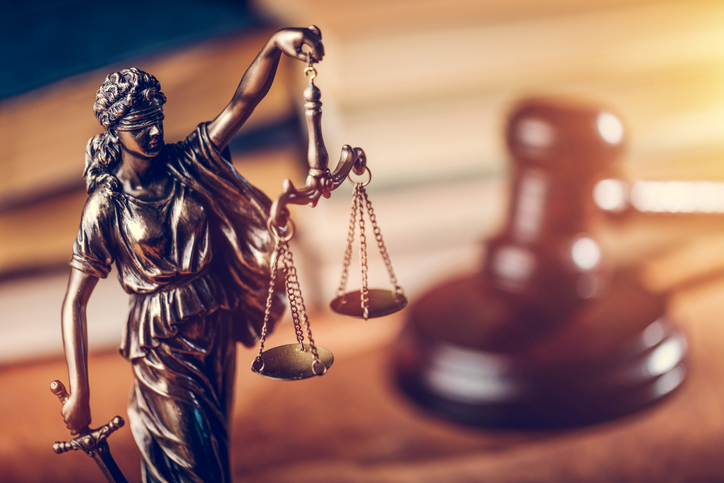
Photo credit: iStock
New Delhi, October 6
The Delhi High Court on Wednesday dismissed a public interest litigation seeking formulation of guidelines to be followed by the investigating agencies while conducting search and seizure operations at the premises of an advocate who possesses privileged communication with clients.
A bench of Chief Justice DN Patel and Justice Jyoti Singh said there cannot be a general presumption concerning the violation of rights and privileges of persons who are being raided by any investigating agency and in case of a grievance, the aggrieved party can approach the trial court or any appropriate forum.
The court added that there were enough provisions under the law to govern how a search ought to be carried out and it saw no reason to issue any direction for searches by a ‘privilege team’ with videography for advocates.
“We see no reason to entertain the petition because all depends on the facts and circumstances of a case... As a general rule, we are not inclined to pass an order on search by a ‘privilege team’ with videography. It ought to be kept in mind that raids are carried out to unearth several materials. Sometimes such material may be covered by privileged communications… (For aggrieved persons) remedies are available under law,” the bench said.
“We can’t presume in advance and such violation of rights must be established in law by proving basic facts,” it added.
The court explained that there could be “any number of permutations and combinations of facts which may not allow videography” including a search carried out at night or under urgent circumstances.
Petitioner Nikhil Borwankar, a practicing lawyer, sought direction to frame appropriate procedures and guidelines to protect the attorney-client privilege provided under the Indian Evidence Act whenever a raid is carried out at the premises of an advocate.
His lawyer had earlier stated that the plea was filed at a time when there existed an atmosphere of deep mistrust and acrimony between advocates and law enforcement agencies with regard to recent searches executed against certain advocates representing accused persons and victims in controversial cases.
The plea claimed this gave rise to the perception of deliberate targeting of individuals and a collapse in the ability of the law and order machinery of the state to pursue justice objectively and without bias.
The plea was opposed by the Centre “tooth and nail” and highlighted that the petitioner had not made the investigating agencies as parties to the petition. — PTI
Tribune Shorts
Most Read





















